We shall remain firm on sexuality education - Minister Kaducu
Kaducu said at primary level, many children are already learning about sexuality from social media and other sources, adding that the policy was intending to make it formal.
SEX EDUCATION
The minister of state for primary healthcare Dr. Joyce Moriku Kaducu has said that the government will remain firm and go-ahead to teach sexuality education to children from primary school.
Kaducu said at primary level, many children are already learning about sexuality from social media and other sources, adding that the policy was intending to make it formal.
She said she supports sexuality education in the context that it will empower ‘our children with the knowledge they require for the good of their life in future'.
"I think people should speak the truth, and we should be firm on this because already children are reading some of the information (about sexuality) from social media, why can't we then make it formal so that everybody knows the responsibility of parents, teachers and all Ugandans," she said.
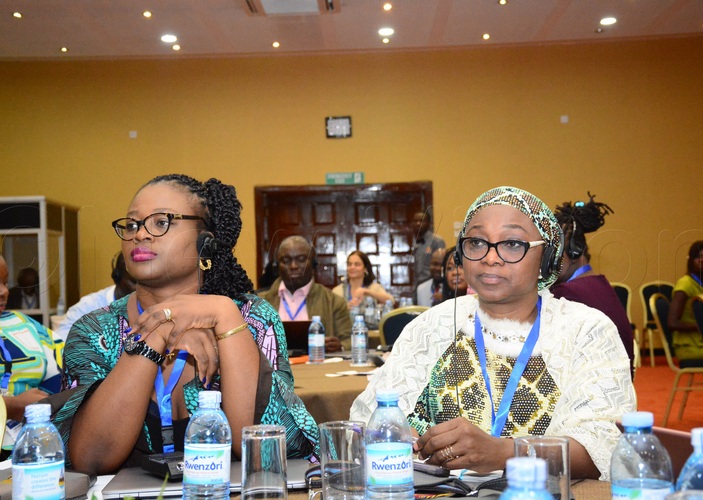
The minister was Wednesday speaking after presiding over the opening of a two-day international Advance Family Planning (AFP) annual partners' meeting 2020 in Kampala.
The conference that drew participants from Africa, Asia and North America was organised and funded by Bill and Melinda Gates Foundation, Johns Hopkins Bloomberg School of Public Health and AFP.
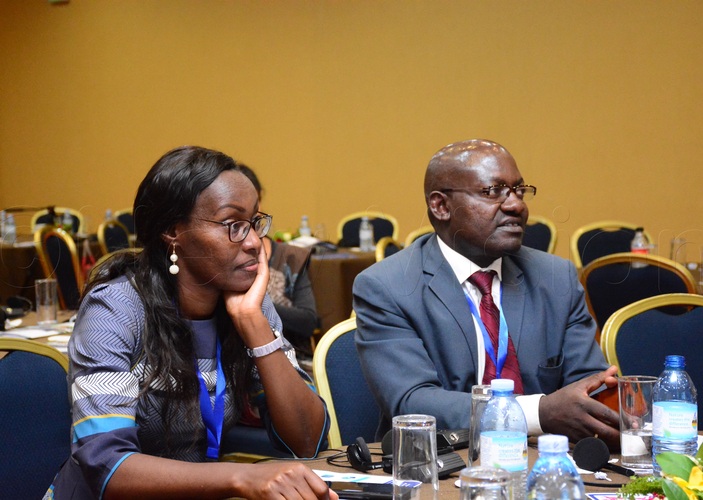
The dialogue is intended to contribute to the global goal of expanding access to quality contraceptive information, services and supplies through improved funding and policy environment, and galvanising the political commitment needed. The initiative is being implemented in nine countries.
The minister told the meeting chaired by Prof. Duff Gillespie that Uganda was committed to improving Family Planning (FP) services. She said that President Yoweri Museveni, at the ICPD 25 in Kenya last November, committed that the government was going to scale up universal access to all methods of FP and to reduce unmet need from 28 to 10 percent by 2022.
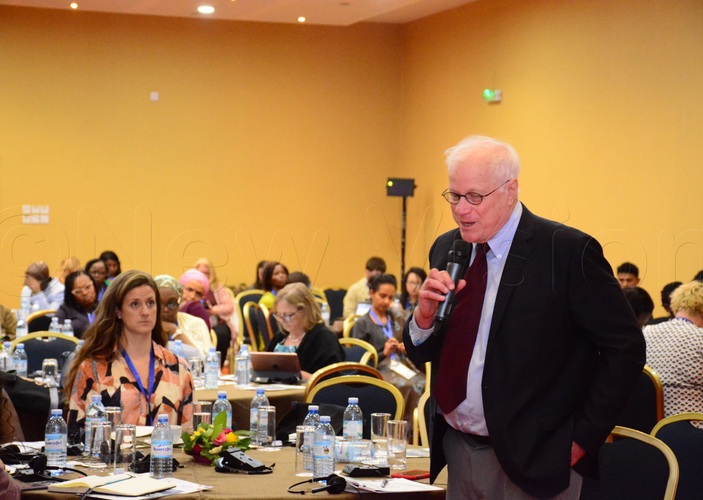
"The ministry of health is, therefore, trying to implement the directives and commitments of the President to ensure that by year 2022 we have reduced the unmet need from 28 to 10 percent through injecting more resources," she said.
She, however, said that adolescent pregnancy was still a big challenge in Uganda and had skyrocketed in recent times, standing at 25 per cent, which she said contributes to the high maternal mortality rates, high-risk behaviours, and prevalence of sexually transmitted infections, among others.
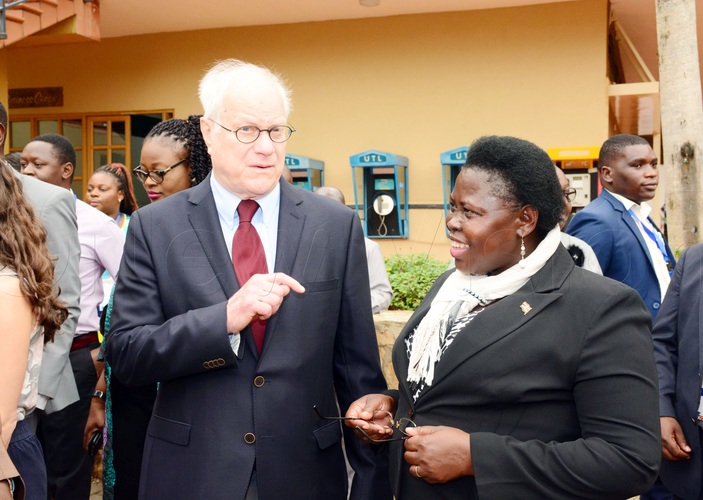
Asked, after the meeting whether sexuality education would contribute towards ending the rampant adolescent pregnancy, the minister said it was one of the approaches the government had undertaken in reducing the unmet need of FP.
"Our young people need information on how to manage themselves to delay sex, prevent early pregnancy. Communities must be empowered to value the education of their children and avoid child marriage," she said.
Under the comprehensive sexuality education under the Ministry of Education and Sports, she said, information is packaged according to the age of the children with the purpose of equipping them with knowledge and skills ‘so that when the danger comes they are well prepared'.
The new Archbishop of the Church of Uganda, Rt. Rev. Dr. Samuel Mugalu Kaziimba said at his inauguration that he was opposed to the sexuality education policy. "Surely our youth need better Sexuality education. We agreed on that. But we cannot support the program called Comprehensive Sexuality Education, because when we read between the lines, it seeks to normalize same-sex relationships and transgender identity. As a Church, we have opposed it in the past and will continue to do so," he said.
The minister said government was aware of institutions opposed to the policy. "But my understanding as a scientist is that teaching reproductive education starts from primary school level, and by the time the children go to Primary Four or Five, they are already learning the systems and sexuality education will make this taught in a better way," she said.
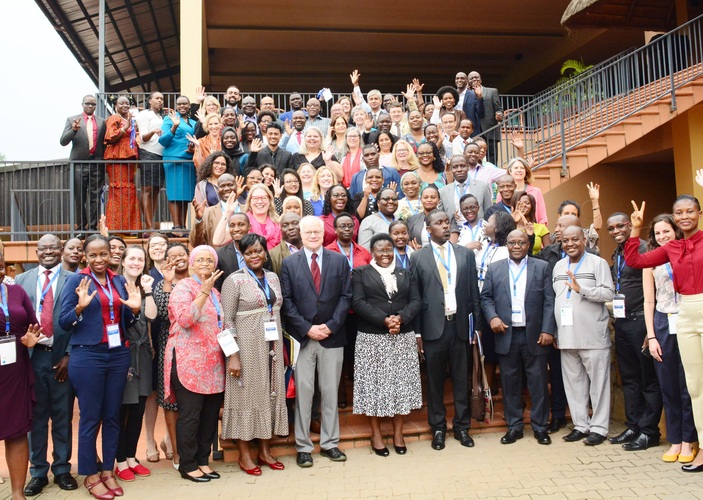
The minister, however, said she opposed the giving of contraceptives to adolescents, especially below 15 years. "I want to say that we can't generalise contraceptive for all children, but the fact is that those who go and get pregnant at an early age are in a different category.
"The right age of giving contraceptives is marriage age, which is 18 years and above but the discussion is still ongoing for those adolescents who are sexually active because we cannot bury our heads in the sand and pretend over the matter, although we still insist on preaching the gospel of abstinence," she explained.
The minister, however, said government would incorporate the ideas of the religious leaders in the comprehensive sexuality education policy for a way forward.
"Their concern is that children at a young age like nursery school should not be given such information," she explained.
Dr. Michael Bukenya, the chairperson of the health committee of parliament said that there had been some significant positive gains in Uganda towards FP services, with advocacy leading to reduction in unmet need and total fertility rates.